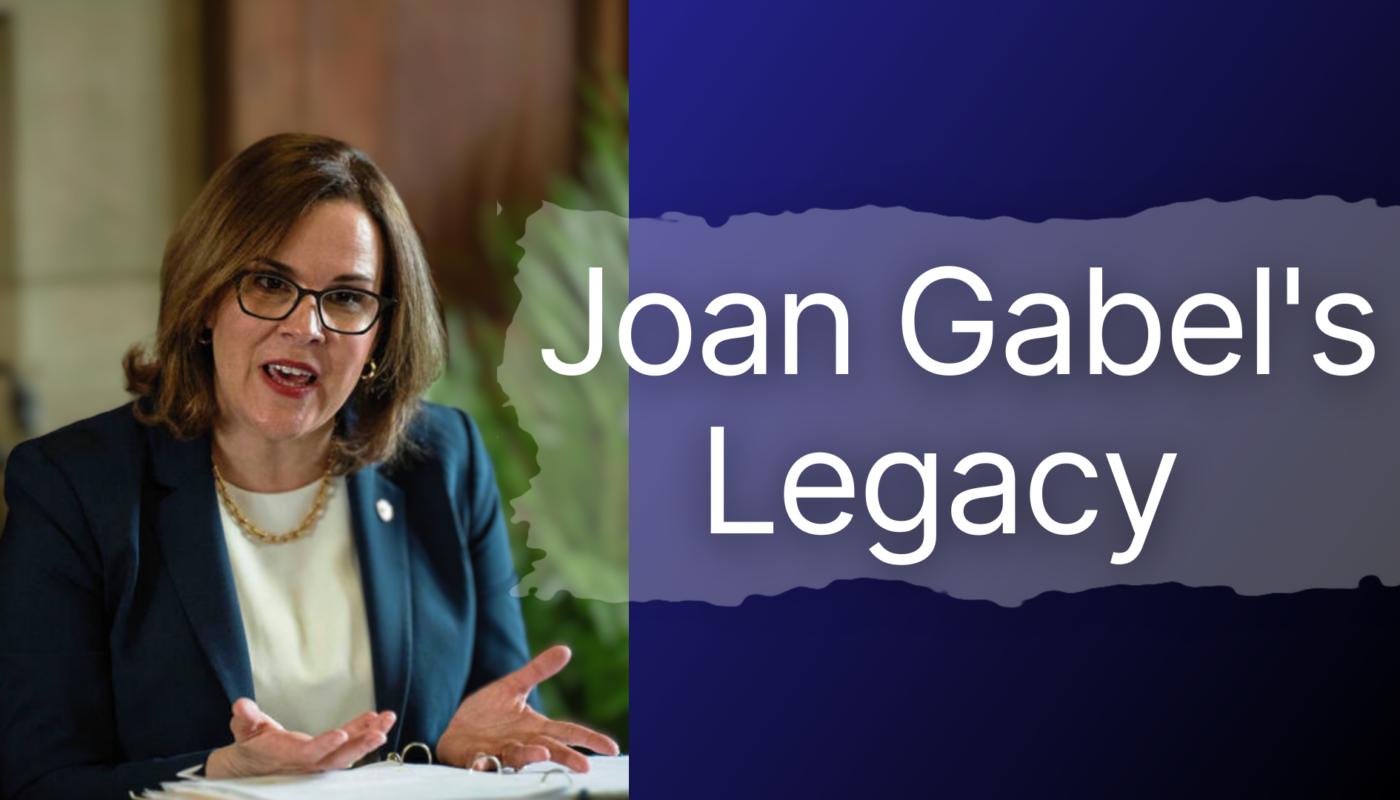The University of Minnesota president Joan Gabel announced last week she will be stepping down from her role come July, only four years after her appointment.
Gabel confronted many challenges, including the pandemic, distance learning, and the aftermath of the murder of George Floyd. She will leave behind a historic legacy and a campus climate of mixed emotions.
Emmanuel Monrovia-Tommy, a student at the university, said, “Joy, that was my instant reaction. I was chatting with friends about she needed to go, and a week later, she did; I was happy.”
Being joyful is an uncommon emotion when discussing someone’s departure, but some students felt similar emotions.
“Honestly, a little bit glad she’s leaving,” said Enrique Arias Garcia, a junior, adding, “I have heard maybe one good thing about her; it is mostly neutral or more negative.”
Gabel’s resignation came as a sigh of relief, especially for those who just wanted to feel they mattered to her. Monrovia-Tommy was one of those students.”I feel like the emails lacked emotions and empathy; she did not really care about the student body. And in the emails, ‘Oh, you know I care about the student,’ her actions didn’t show that.”
Gabel’s actions constantly were met with criticism. One Recently led to a possible conflict of interest.
Gabel was elected to the Securian financial board of directors late last year, where she met a billion-dollar conflict. Securian deals over 1 billion dollars worth of business with the university.
Gabel’s new position with Securian would have paid her $130,000 a year on top of her university salary.
Arias Garcia felt uneasy about this once he heard, “I do think it is suspicious she was on the board of Securian. The students and the university were more of a means to an end, it seemed.”
Not all students, however, believe her presidency was negative and filled with conflicts. Katie Wheeler didn’t feel as if people would give Gabel a break.
“I think everyone would do the same thing in her situation; every university chancellor makes a lot of money. It’s not all her fault,” said Wheeler. She adds that Joan is like every chancellor or president of any university. Making money that can seem unjust, but not uncommon in these roles. “I think its unfair to pin everything on her entirely.”
Cece Thoeresen agrees, “honestly, I think people pin their issues on her, and I think the fact of her being a woman has to do with this; people pin their problems on them all the time.”
A woman, specifically the university’s first female president since its founding. Whether you liked Gabel or not, she made history.
“Just because she wasn’t the best does mean women can’t succeed in that kind of role,” said Wheeler.
Despite her conflicts, Gabel leaves the university a changed place. Even Monrovia-Tommy, who is not her biggest fan, agrees.
“It does matter that she is breaking glass ceilings and setting a new precedent for generations to come, and i hope that in the future, the university presidents are woman and of color,” said Monroiva-Tommy.
The university’s board of regents is not saying yet how long the search for Gabel’s replacement will take. In July, an interim president will step in until the regents elect a new president.




